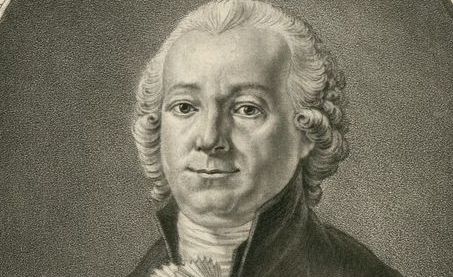
[Translation from The Gallican Church and the Revolution: A Sequel to the “History of the Church of France from the Concordat of Bologna to the Revolution” by W. H. Jervis, pp. 61-62]
The Apostles and their successors … knew nothing of territorial circumscriptions; the whole world was their territory. Ecclesiastical divisions, then, were not instituted by Jesus Christ; nevertheless they were necessary; and we find from St. Paul’s Epistle to Titus that bishops were established in the cities, in the great centres of population. These cities derived their rank from the civil organisation; and the Church of Apostolic times conformed to the civil order. It was the State that conferred the title of Metropolitan upon the bishops of cities distinguished by that name. At the end of the eighth century an unworthy forger, a vile sycophant, invented the False Decretals, in order to place the institution of bishops in the hands of the Pope. Hence arose the authority which the Popes usurped; hence came the abuses which have dishonoured the Church, and will dishonour it as long as they exist. When the Pope founds an episcopal see, he. says— We erect such a place into a city. Am I not justified in concluding from this formula that there cannot be a bishopric except in those places which the civil power has deemed proper to possess that dignity? When therefore, the State thinks it right to diminish the number of sees, it has the power to do so. The ecclesiastical power ought to guide itself in accordance with the civil power. And what is true as to bishoprics holds good also with respect to parochial cures; from the same principles, therefore, I deduce the same consequences.
[Passing then to the mode of appointing to the pastoral office, Camus urged that according to the ancient canons and historical monuments of the Church there is but one method, namely, that of election.]
[…]
I find in St. Cyprian these words, ‘De clericorum testimoniis, de plebis suffragiis’; from which it appears that the clergy were consulted on these occasions, and testified to their knowledge of the candidates, and that they deemed them worthy to exercise episcopal or pastoral functions; but the election was made by the votes of the people. I quote as an example the case of St. Martin of Tours, who was rejected by the bishop because his manner was too humble and not sufficiently dignified; but the people carried his election. Subsequently it was maintained that the electors were too numerous ; kings asserted that they represented the people, and in that capacity they usurped the right of patronage. In course of time the same right was assumed by the cathedral Chapters. The exercise of seigneurial patronage is but one form of election by the people; for the seigneurs claimed it because they pretended to represent the people. Now that seigneurs no longer exist, the people resume possession of their rights. Thus nothing is more clearly in accordance with the Christian religion than the free election of bishops and parish priests.